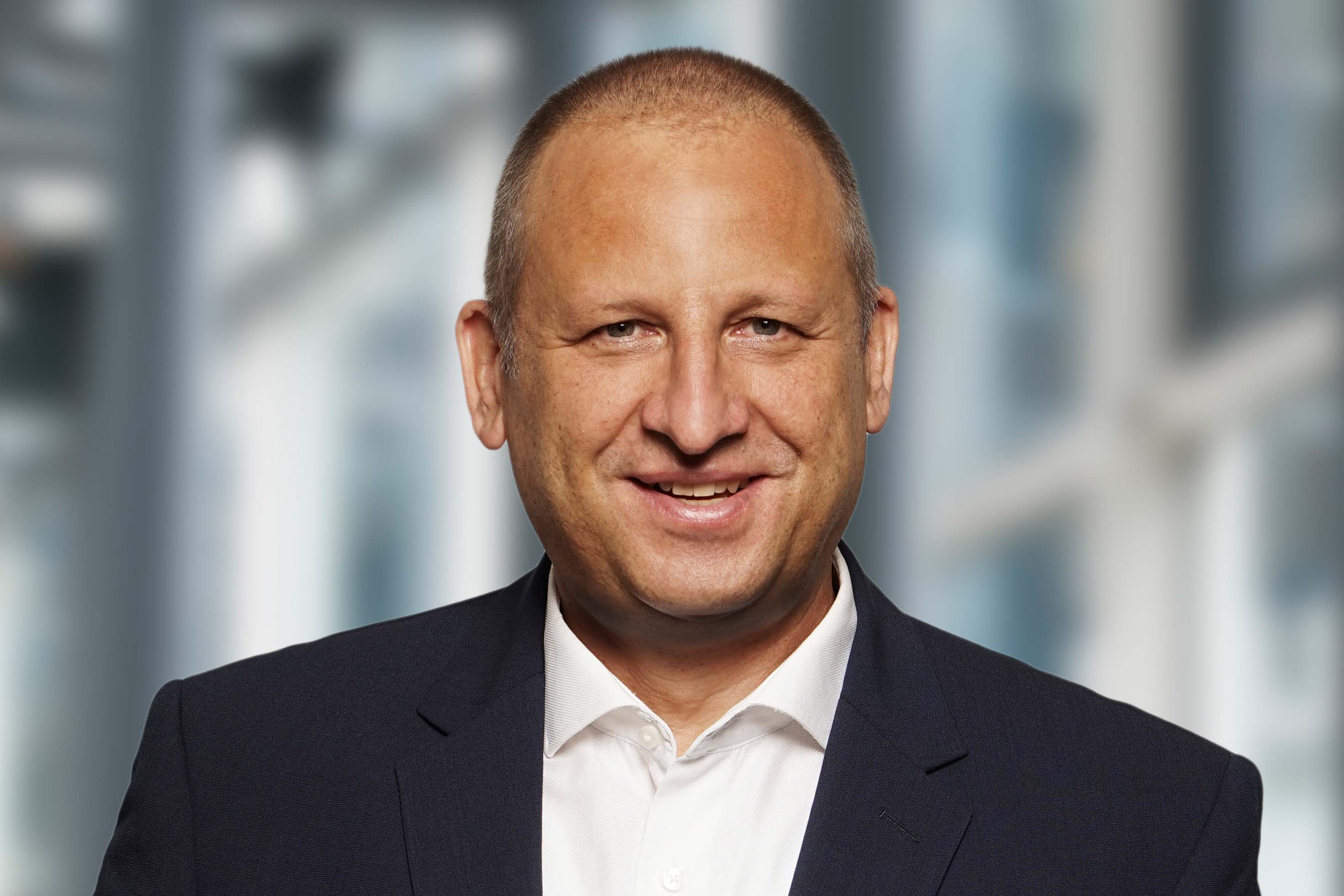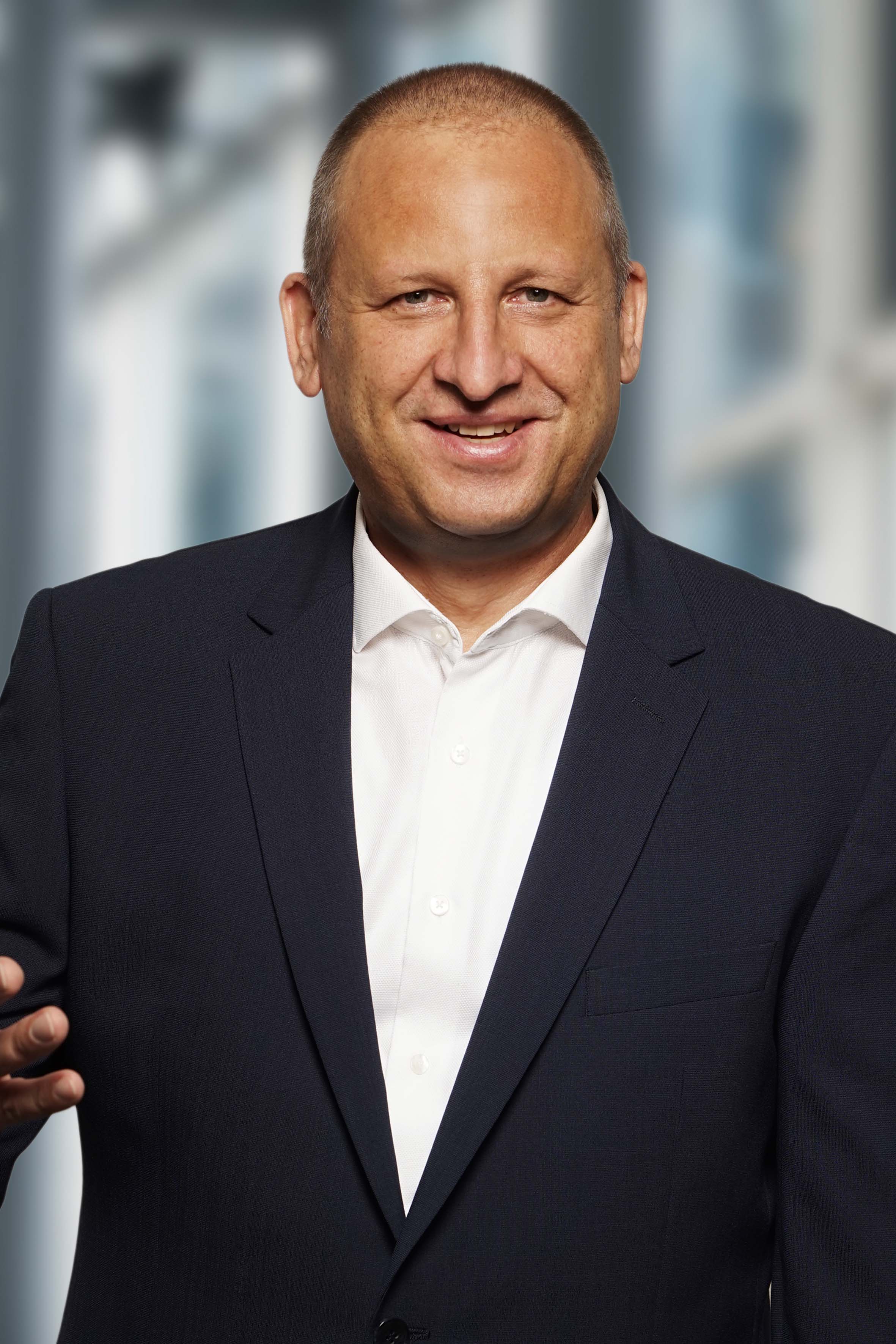ArcelorMittal calls for clear government industrial policy
by Dagmar Dieterle

ArcelorMittal calls for clear government industrial policy
 Successful decarbonisation requires sufficient quantities of available hydrogen and energy at internationally competitive prices
Successful decarbonisation requires sufficient quantities of available hydrogen and energy at internationally competitive prices- The Federal Republic of Germany and the EU must get the necessary economic policy framework in place more quickly
ArcelorMittal calls for a clear industrial policy. The transition to CO2-neutral steel production in Germany can only succeed if internationally competitive prices for renewable energies and hydrogen in sufficient quantities are guaranteed in the long term. In the transition phase, the use of natural gas can already help to significantly reduce emissions. ArcelorMittal has set itself the goal of reducing CO2 emissions in Europe by 35 per cent by 2030 and achieving carbon-neutral production worldwide by 2050.
Despite significant progress and an EU-approved funding commitment from the German government for the planned decarbonisation projects at the flat steel sites in Bremen and Eisenhüttenstadt, the company is facing challenges, particularly due to high energy and hydrogen costs. Competitive energy prices are a significant factor in the Group's final investment decision to decarbonise production in Germany.
“Decarbonising our production is a top priority for us, but the current costs and future price forecasts for energy and hydrogen pose a considerable challenge,” emphasises Dr Thomas Bünger, Country CEO of the flat steel plants in Bremen and Eisenhüttenstadt. “An industrial policy aimed at reducing these costs is crucial for our success and the success of the entire industry. In addition, as a European company with our plants in Germany, we are an important part of the basic materials industry and therefore at the beginning of the value chain of our economy.”
Lutz Bandusch, Vice President of ArcelorMittal Europe, adds: ‘We need the rapid expansion of renewable energies and the development of domestic hydrogen production while at the same time increasing hydrogen imports in order for the transformation to succeed.’
ArcelorMittal is pursuing various technological approaches in Europe to decarbonise steel production. In Germany, the conversion of blast furnace technology to natural gas and later hydrogen-based direct reduction and electric arc furnaces is at the centre of the decarbonisation plans.
 CO2-neutral pig iron production requires a hydrogen price of around two euros per kilogramme in order to remain competitive. Currently, the price of hydrogen is between seven and nine euros per kilogramme. It is also difficult to operate electric arc furnaces economically in the long term due to the high price of electricity.
CO2-neutral pig iron production requires a hydrogen price of around two euros per kilogramme in order to remain competitive. Currently, the price of hydrogen is between seven and nine euros per kilogramme. It is also difficult to operate electric arc furnaces economically in the long term due to the high price of electricity.- In order to overcome these challenges, government measures must guarantee green electricity and hydrogen in sufficient quantities and at internationally competitive prices in the long term. Also, establishing a green lead market is crucial to the viability of producing CO2-reduced steel in a competitive way. Labeling initiatives can be helpful to set additional incentives, for example in public tenders and government procurement.
- In addition, decisive action must be taken at national and EU level against distortions of competition. This includes closing the remaining weaknesses in the CBAM (Carbon Border Adjustment Mechanism) in order to effectively reduce the risk of part of the industrial value chain migrating outside Europe. ArcelorMittal remains firmly committed to achieving CO2-neutral production worldwide by 2050. Active support through government measures is essential for the transition to a sustainable future.
ArcelorMittal is already implementing measures that make a decisive contribution to the company's sustainability. These include the production of CO2-reduced steel under the XCarb® umbrella brand and participation in the ResponsibleSteel standard, which guarantees socially and environmentally responsible supply chains and production methods.
Photos: ArcelorMittal

